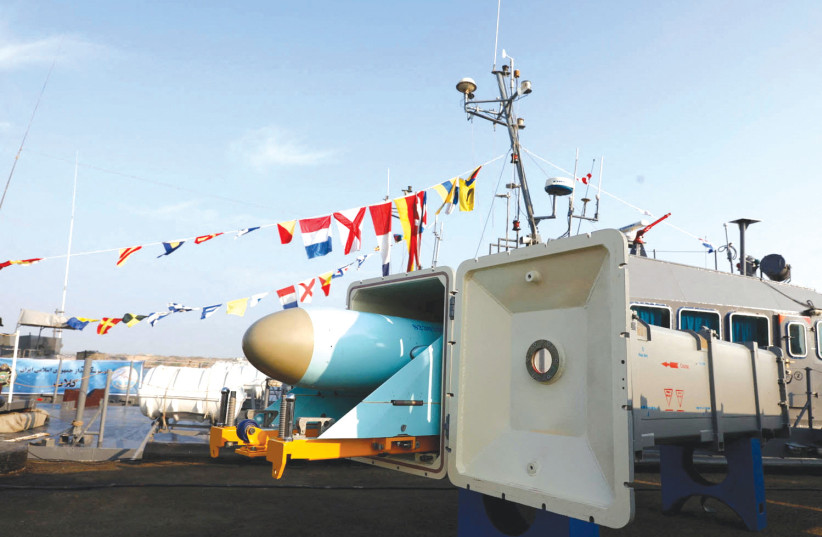Iran has successfully launched its Sorayya satellite into orbit, Iranian state media reported on Saturday, in a move likely to increase Western concerns about Tehran's nuclear ambitions.
The satellite, which is being developed by the research arm of the civilian Iranian Space Agency, was put into a 750 km (466 mile) orbit, the highest successfully reached by Iran, the reports said.
The 50 kg (110 lb) satellite was launched by the Qaem 100, a three-stage solid-fuel rocket built by the elite military Revolutionary Guards, they said.
The US military says the long-range ballistic technology used to put satellites into orbit could also allow Tehran to launch longer-range weapons, possibly including nuclear warheads.
Tehran denies US assertions that such activity is a cover for ballistic missile development and says it has never pursued the development of nuclear weapons.

Largest missile program in the Middle East.
Iran, which has one of the biggest missile programs in the Middle East, has suffered several failed satellite launches in recent years due to technical issues.
In October, the United States took steps to signal that Iran's missile program would remain restricted, after the expiration of UN Security Council sanctions and to curb Iran's drone transfers to Russia.
Washington had previously imposed sanctions on Iran's civilian space agency and two research organizations in 2019, saying they were being used to advance Tehran's ballistic missile program.
